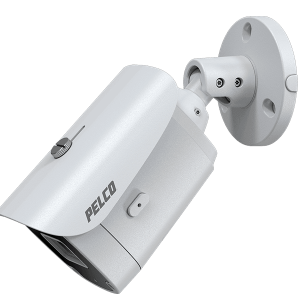Infrared
Infrared cameras measure light that is not visible, they can work in darkness as well as daylight. Capturing what the eye cannot see, infrared camera technology brings into view a range of invisible energy emission (700-1000 nm) and then express each heat value (or wavelength) through colors. The resulting image is called a thermography.
A color map, or palette, can be assigned and specifically tailored to give a visual representation of the different wavelength emissions.
Infrared cameras are not all the same and understanding their use and function are essential. Electricians and construction inspectors utilize IR technology to detect equipment and metal component deterioration, corrosion, leaks, and other potential dangers. Some thermal detection cameras are for industrial use, medical and veterinary care.
Obstructions like fog or darkness do not limit the effectiveness of the imaging. There is no direct contact necessary to obtain the measurement and in potentially high-risk situations, offer safety for the user.
Showing the single result










